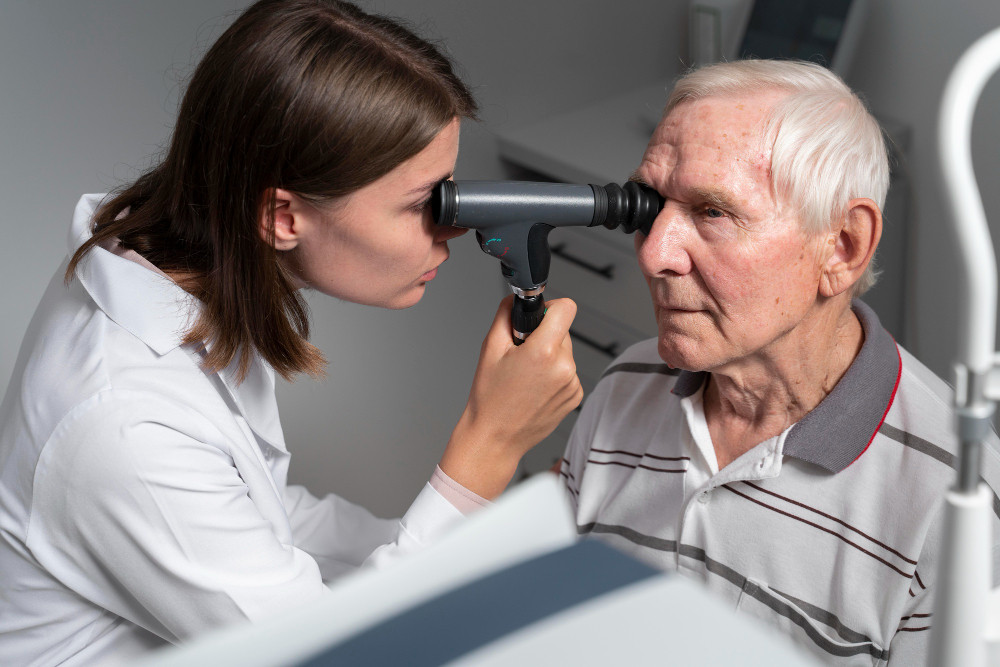The human body needs food as a primary source of energy. If you haven't eaten for several hours, it is common to experience hunger. However, what if you continue to experience hunger even after consuming food? Numerous factors, including medical conditions, eating habits, and the food consumed, contribute to the persistence of hunger after consuming food, according to experts.
What causes post-meal hunger?
There are numerous factors that can contribute to the persistent sensation of hunger following a meal, including the food consumed, the way in which it is consumed, the amount of water consumed, and the medical condition being experienced. The explanation is as follows:
Improper food proportions
Check your food proportions again if you frequently experience hunger even after consuming food. A deficiency of protein, fibre, and healthy fats is typically the cause of persistent hunger after consuming food. Foods that are rich in protein and fibre will help you feel fuller for longer and feel satiated with your meal.
Similarly, with the consumption of processed carbohydrates, such as white rice or foods made from flour, consuming an excessive amount of refined carbohydrates increases your blood sugar levels, which, in turn, induces hunger.
Read more: Why Are We Easily Hungry When It Rains?
Certain medical conditions
People with diabetes may experience hyperphagia or polyphagia, which is characterized by a persistent hunger feeling that persists even after eating. This condition comes up as a result of insulin hormone disorders, which prevent sugar from entering the body's cells, resulting in a deficiency of sugar and other nutrients. In addition to the frequent feeling of hunger, this condition occasionally includes frequent urination and dehydration.
In addition to diabetes, people with thyroid hormone disorders, such as hyperthyroidism, also experience an increased appetite. Hyperthyroidism is characterised by an excessively active thyroid gland, which accelerates the body's metabolic processes. Consequently, the person experiences an increased energy requirement, which leads to an increased appetite.
Hypoglycemia, melancholy, and premenstrual syndrome (PMS) are additional medical conditions that can induce excessive hunger. You should consult with your doctor to obtain the appropriate diagnosis and treatment if you experience frequent hunger and exhibit symptoms of specific medical conditions.
The impact of other medications
In addition, the medications you consume may increase your appetite, resulting in hunger. There are several medications that might increase appetite, such as:
- Antipsychotic
- Antidepressant
- Corticosteroids
- Antiseizure medication
- Contraception
You should consult your doctor if you are experiencing changes in appetite while taking these kinds of medications.
Read more: Why Are Pregnant Women Easily Hungry?
Consume less water
In addition to dietary proportions, inadequate water intake frequently induces hunger. Drinking water may reduce your appetite and induce feelings of fullness, thus preventing hunger. It is recommended to consume 7-8 glasses of water per day or modify the amount based on your activities.
Eat too quickly
Eating too quickly also makes you more likely to become hungry. Those who ate more slowly reported feeling full up to two hours after meals, according to a brief study. Eating more slowly, according to experts, helps lower ghrelin, the hormone causing hunger.
Stress
In response to emotions of anxiety or tension, the body releases the hormone cortisol, which has the potential to heighten sensations of hunger. It is because of this that a lot of people try to alleviate their stress by eating a lot, particularly foods that are heavy in fat or very sweet. By engaging in healthy stress management practices, such as relaxation, meditation, physical activity, or other productive activities, you can prevent yourself from overeating.
Medical disorders, meal amounts, and quick eating habits can all contribute to frequent hunger. If you have a medical condition that makes you hungry all the time, you can either visit a doctor or make use of the consultation features that are available in the Ai Care application by downloading the Ai Care application from the App Store or Play Store.
Looking for more information about other diseases? Click here!
- dr Nadia Opmalina
WebMD. (2023). Why Am I Always Hungry?. Available from: https://www.webmd.com/diet/ss/slideshow-why-hungry
Elliott, B. (2024). 14 Reasons Why You’re Always Hungry. Available from: https://www.healthline.com/nutrition/14-reasons-always-hungry
Cleveland Clinic. 8 Reasons You’re Always Hungry. Available from: https://health.clevelandclinic.org/reasons-why-you-are-always-hungry
Armstrong, L. (2024). ‘Why Am I Always Hungry, Even After Eating?’ 7 Reasons for Persistent Hunger. Available from: https://www.goodrx.com/well-being/gut-health/why-am-i-hungry-all-the-time












